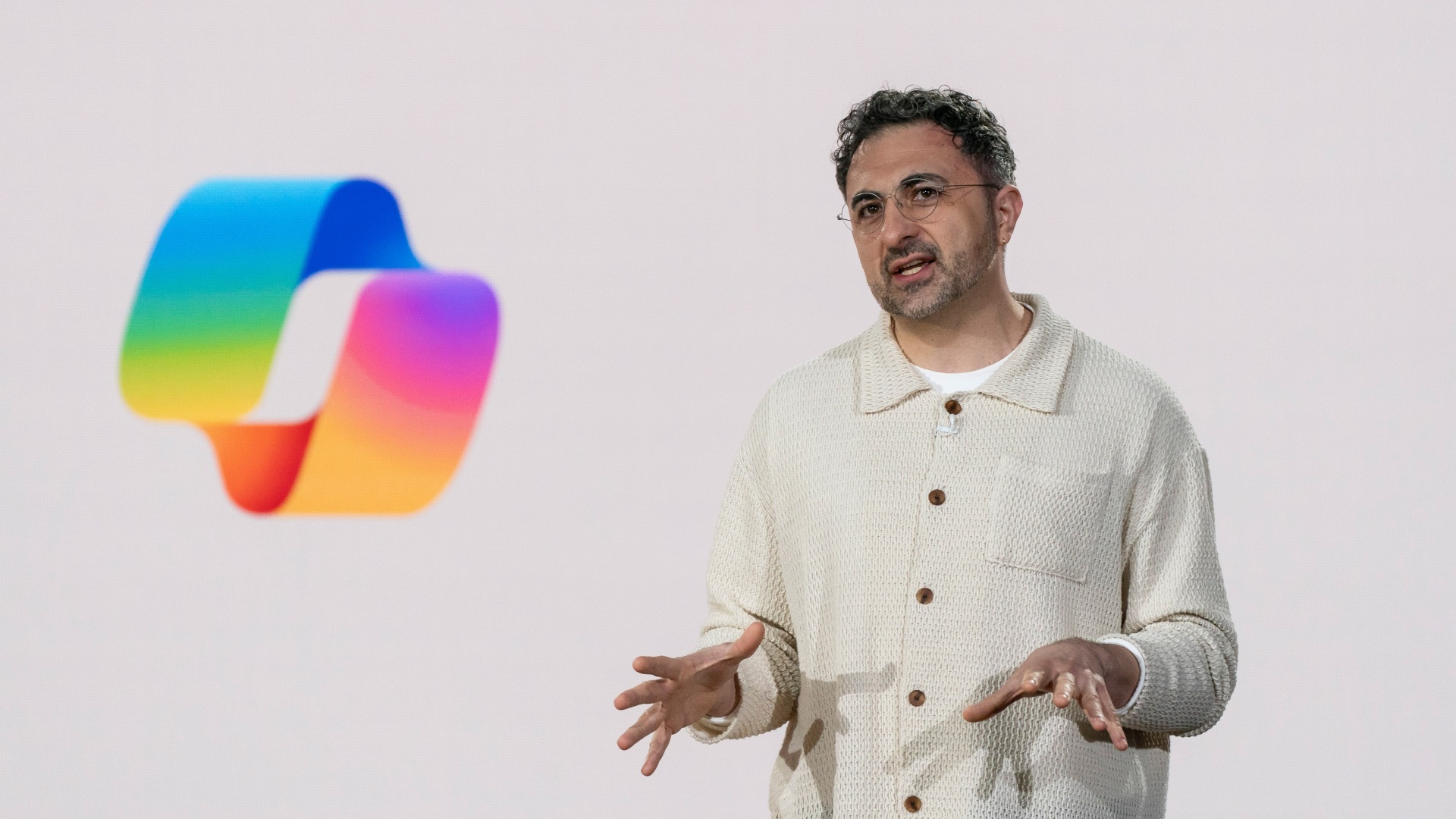Over the past few months, multiple reports have emerged suggesting that Microsoft’s multi-billion-dollar partnership with OpenAI might be fraying. As you may know, the agreement warrants Microsoft access to OpenAI’s cutting-edge technology and AI models while the ChatGPT maker gets access to the tech giant’s vast cloud computing resources.
However, things seem to be taking a different turn. While speaking to Bloomberg, Microsoft’s AI CEO, Mustafa Suleyman, indicated that OpenAI occasionally forgot its commitment to Microsoft and failed to provide access to its AI models and technology in a timely manner.
Consequently, this makes Suleyman’s job difficult, leaving him with little time to modify OpenAI’s technology and integrate it across Microsoft’s tech stack. But in an attempt to avoid being in the spotlight, OpenAI’s Chief Operating Officer, Brad Lightcap, claims that the process of transferring technology is “incredibly complex.”
This news comes after a separate report revealed that Microsoft had pulled out of two mega data center deals. It further indicated that the tech giant didn’t want to support additional ChatGPT training.
However, OpenAI CEO Sam Altman claimed that the company was no longer compute-constrained, suggesting that it has adequate resources to support its sophisticated AI advances.
Perhaps this could be attributed to OpenAI’s $500 billion Stargate project, designed to facilitate the construction of data centers across the United States. Around the same time, Microsoft lost its exclusive cloud provider status for OpenAI but still retains the right of refusal.
Interestingly, Microsoft has been making subtle moves in the AI landscape to ensure that it doesn’t lag behind in case its partnership with OpenAI doesn’t stand the test of time. For instance, it is already developing in-house AI models and testing third-party ones for Copilot.
Microsoft’s AI CEO, Mustafa Suleyman, recently confirmed the development of off-frontier AI models. However, he revealed that the models would be 3 to 6 months behind OpenAI:
“It’s cheaper to give a specific answer once you’ve waited for the first three or six months for the frontier to go first. We call that off-frontier. That’s actually our strategy, is to really play a very tight second, given the capital-intensiveness of these models.”
According to Suleyman, the MAI-2 project provides protection for Microsoft, preventing it from being “left exposed” in case anything “catastrophic” happens to OpenAI. “The relationship with OpenAI has to date been pretty amazing,” Suleyman indicated. “But this is a 50-year-old company that needs to be in an amazing place in 2030, 2035, and 2040.”
Salesforce CEO Marc Benioff predicted that Microsoft wouldn’t use OpenAI’s technology in the future shortly after the ChatGPT maker unveiled its $500 billion Stargate project. Microsoft has previously raised concerns about OpenAI’s GPT-4 model being too expensive and not fast enough to meet consumer needs.
Microsoft CEO Satya Nadella is pursuing maximum cost-efficiency with MAI-2, however, he admits that it won’t be as smart as OpenAI’s most advanced AI models. “MAI is not a clone,” Nadella added. “When I have a contract [with OpenAI] that says, ‘Oh, I’m essentially funding it and have IP rights,’ it would be stupid to sort of do it twice. So we avoided that stupidity.”





